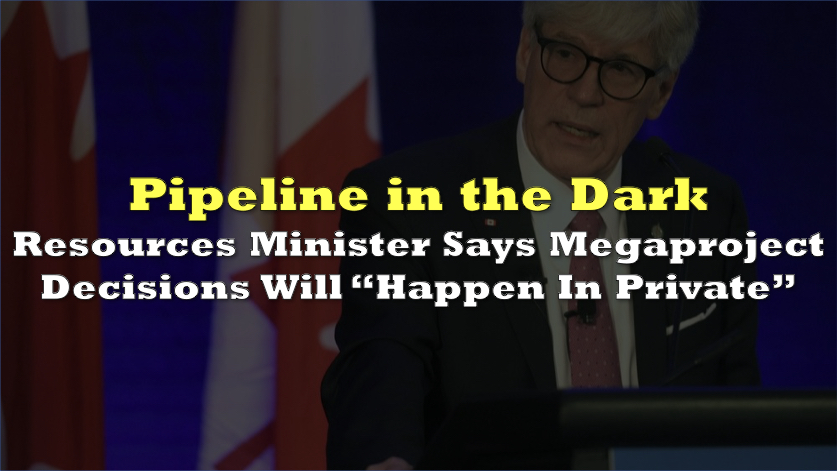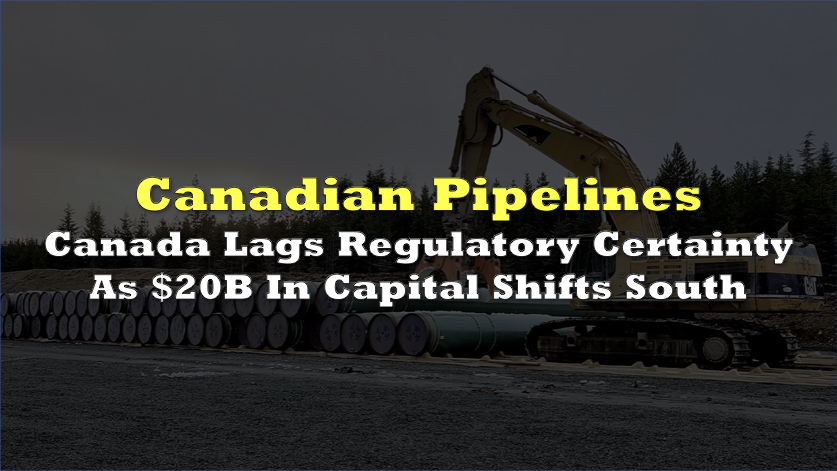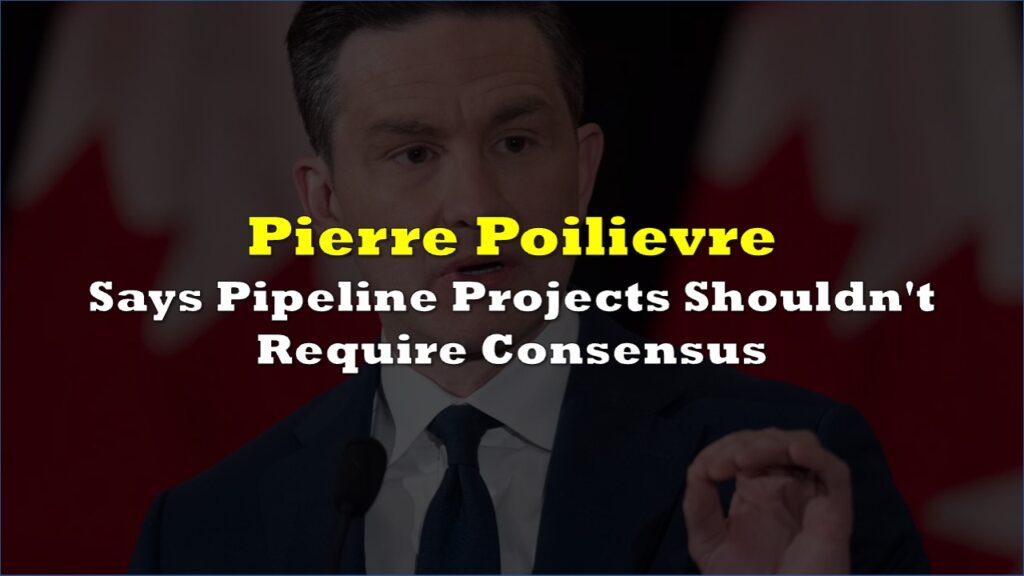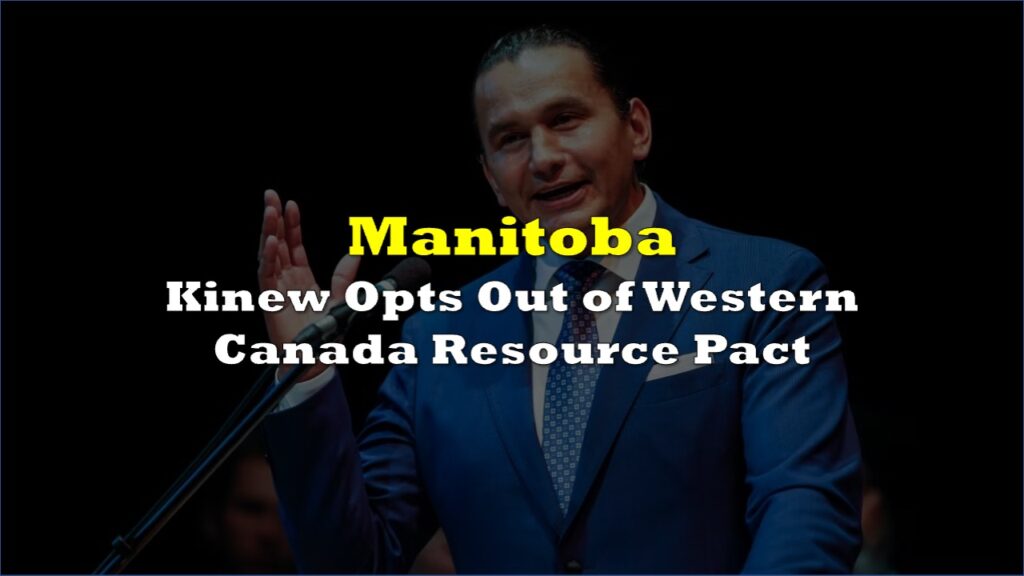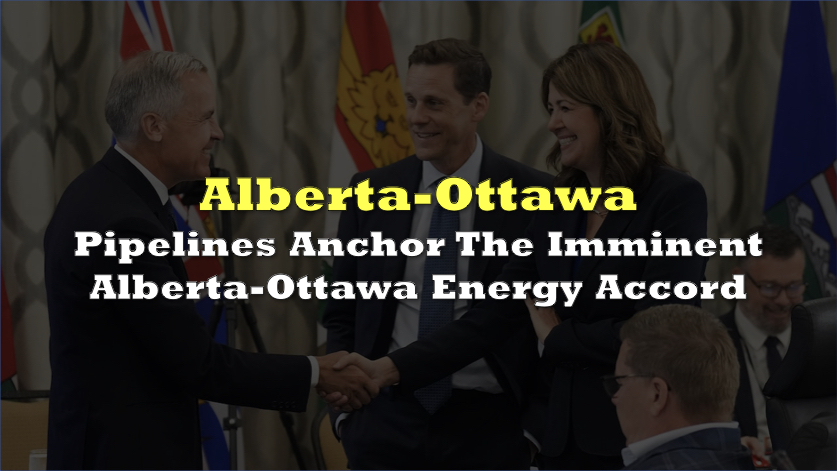Natural Resources Minister Tim Hodgson says Canadians will learn about “projects of national interest” only after cabinet has already signed off on them. “I never did a deal with the press,” he told reporters, stressing that negotiations “are going to happen in private.”
Cabinet won't publicly discuss fast-tracked megaprojects deemed in "national interest" until finalized, @NrCan Minister @TimHodgsonMt tells reporters: "They are going to happen in private." https://t.co/f3eHMneLZB #cdnpoli pic.twitter.com/1cbguL6ZxL
— Blacklock's Reporter (@mindingottawa) July 7, 2025
Under the One Canadian Economy Act (Bill C-5), which received royal assent on June 26, ministers can waive or declare non-applicable for a specific project existing federal statutes to greenlight mines, pipelines, power lines, or industrial plants that cabinet deems vital to the country’s economy. The legislation collapses dozens of approval steps into a single order-in-council and empowers Ottawa to override timelines embedded in the Fisheries, Migratory Birds, and Species at Risk acts.
Although cabinet can waive many federal rules, a late-stage amendment now obliges the minister to keep a public, online registry of every designated project — critics say the registry’s scope remains far thinner than the Impact Assessment Act portal it sidesteps. Indigenous leaders have already called for a pause, arguing Ottawa’s “nation-building” rhetoric masks a repeat of top-down decision making that skirts Section 35 duties to consult and accommodate.
Alberta and Ontario this week demanded that Ottawa repeal the Impact Assessment Act, the clean-electricity rules, and the sector-wide emissions cap—policies they say “undermine competitiveness” and stall investment. Hodgson refused, but conceded that Bill C-5 lets the federal government “go back and deal with the other acts over time,” a formulation critics read as code for piecemeal rollbacks behind closed doors.
Meanwhile, Prime Minister Mark Carney has all but invited industry to pitch a new crude line from Alberta to Prince Rupert, British Columbia. A West Coast export conduit is “highly, highly likely” to appear on cabinet’s shortlist, Carney said at the Calgary Stampede—foreshadowing a decision that could shift at least 1 million barrels a day without a single open hearing.
#Canada: Prime Minister Mark Carney said a new oil pipeline to Canada’s West Coast is “highly likely” to be proposed as a nation-building project, which could mean it becomes part of Ottawa’s push to fast-track major developments under new legislation.#oott…
— Giovanni Staunovo🛢 (@staunovo) July 6, 2025
The same confidentiality now blankets Pathways Alliance’s proposed $16.5-billion carbon-capture network. The six-firm consortium—Suncor Energy, Cenovus Energy, Canadian Natural Resources, Imperial Oil, MEG Energy, and ConocoPhillips—relies on stable federal carbon pricing to justify the build. Ottawa is under pressure to dilute industrial carbon pricing, though no decision has been announced.
Investor exposure is already tight. The newly expanded Trans Mountain pipeline will top out at 890,000 barrels per day by 2028, according to operator forecasts, leaving little spare capacity should a Prince Rupert line stall. 
However, the spectre tenor to decide behind doors might not be popular with Canadians. In a recent Angus Reid Institute survey, 42% of Quebecers oppose letting Ottawa override provincial environmental laws to speed up approvals; 49% of Canadians nationwide reject shortcuts that bypass full reviews.
Information for this story was found via Blacklock’s Reporter, National Post, Bloomberg, and the sources mentioned. The author has no securities or affiliations related to the organizations discussed. Not a recommendation to buy or sell. Always do additional research and consult a professional before purchasing a security. The author holds no licenses.

